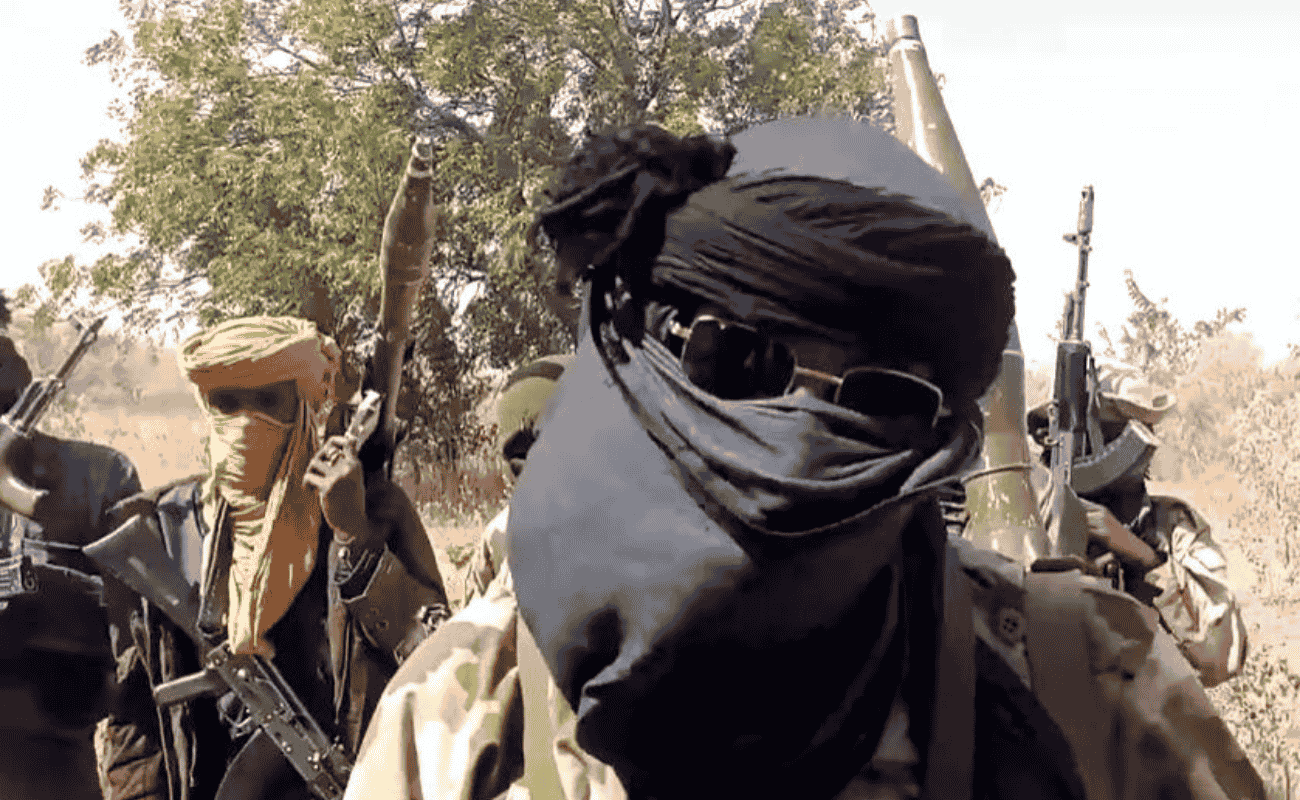
By Oluwaseun Taiwo
November 2025 has been a month that reopens old wounds for Nigeria. The surge in terror attacks, mass kidnappings, and audacious assaults on schools and churches has left many of us questioning not only the capacity of our institutions but also the resilience of our society. The kidnapping of schoolgirls in Kebbi, the abduction of children in Niger State, and the violent attack on a church in Kwara State are not isolated tragedies. They are echoes of a pattern of insecurity that refuses to abate. And all the while, the memory of the Chibok girls lingers, reminding us that the nation is still grappling with unresolved trauma from the past.
In the North-West, the country was shaken once again when, on Monday, 17 November 2025, armed men stormed a boarding school in Kebbi State and abducted 25 schoolgirls. A horrifying echo of past school abductions that continue to terrify parents, educators, and civil society. This attack is not merely another act of banditry; it signals a systemic failure to protect vulnerable children, especially girls, and raises urgent questions about the reach and effectiveness of Nigeria’s security architecture. The National Orientation Agency has condemned the abduction, urging Nigerians to support security agencies and restore trust in collective protections[1].
In central Nigeria, Kwara State reeled from a violent attack on Christ Apostolic Church in Eruku, Ekiti LGA. Gunmen stormed the church during an evening service, killing at least three worshippers and abducting the pastor and numerous congregants[2]. Reports say the attackers later demanded an eye‑watering ransom of ₦100 million per abductee, a reflection of the brazen boldness of such criminal networks.[3] The police and vigilante forces responded, but the trauma for the Eruku community is profound: a place of worship transformed into a battleground, its people reeling from loss, fear, and uncertainty.
On another front, the judicial system delivered a verdict with potentially long-lasting political implications. Nnamdi Kanu, leader of the Indigenous People of Biafra (IPOB), was sentenced to life in prison on terrorism-related charges. The court found that Kanu incited violence, promoted secession, and engaged in extremism ruling that his actions met the definition of terrorism under Nigerian law[4]. This ruling has polarized opinion: supporters of Kanu and IPOB see it as political persecution, while critics argue it is a necessary step toward curbing separatist violence.
At the heart of November’s unrest, however, is a more haunting contradiction: while Nigeria grapples with fresh waves of violence, the memory of previous national tragedies remains painfully unresolved. More than a decade after the Chibok girls were abducted, the country still bears the weight of their disappearance. November kidnappings rekindle old anxieties the fear that despite global attention and commitments, many of the underlying drivers of mass abductions have not been dismantled. The Chibok incident was not just a tragedy of that moment; it has become a symbol of systemic weakness, of a nation still struggling to guarantee safety for its children.
Adding an international angle, the U.S. President Donald Trump has publicly expressed concern over the rising violence in Nigeria, threatening military intervention if the government fails to act decisively to “stop the killing of Christians.” While his remarks have drawn both criticism and attention, they raise important questions: Is this global scrutiny a genuine act of solidarity, or is it political posturing? Critics argue that foreign threats risk oversimplifying Nigeria’s complex security landscape and could worsen tensions rather than resolve them. Yet, supporters view it as a wake-up call, forcing Nigeria to confront its inadequacies in addressing insecurity.
Some of Trump’s critics are right to point out the implications. Afenifere, for example, has strongly denounced this kind of foreign intervention, arguing that Nigeria must take ownership of its own security crisis and resist external threats to its sovereignty[5]. Civil society organizations echo that concern: they call for collaboration, not confrontation[6]. When I read those voices, I feel they speak for many Nigerians who fear that external military involvement might amplify more suffering rather than resolve anything.
And yet, others see Trump’s warnings as a kind of wake-up call. Dele Momodu, for instance, claims Trump is convinced the Nigerian government is not serious enough about tackling insecurity, and that this might prod the state to act more decisively[7].
But I can’t help but wonder: is this pressure coming from a place of genuine concern or political theatre? Is it solidarity, or is it self-interest?
As I watch these developments, I feel a mixture of anger, sadness, and reluctant reflection. There’s anger at the continuing violence; sadness for the shattered communities; and reflection on how much of this crisis is layered, complicated, and firmly rooted in history. November events are not just news headlines. They are a national wound reopened, and they demand we sit with that discomfort, that grief, and that fear even if we don’t yet know how to heal.
“November Unrest in Nigeria” is more than just a phrase; it illustrates a national moment of reckoning. Terror attacks, mass kidnappings, and politically charged judicial outcomes are all parts of a broader narrative: one country wrestling with its past and its future. For ordinary Nigerians, the question is deeply personal: will this season of violence become yet another tragedy, or will it trigger lasting reform? As we reflect on these events, our hope must be not merely for the return of the abducted, but for the long-term rebuilding of trust, security, and justice in the Nigerian state.
[1] https://www.thecable.ng/noa-asks-nigerians-to-support-security-agencies-after-kebbi-school-abduction-kwara-church-attack/?
[2] https://www.thisdaylive.com/2025/11/19/bandits-invade-church-kill-3-abduct-pastor-other-worshippers-in-kwara-community-video
[3] https://businessday.ng/news/article/terrorists-demand-n100-million-each-for-kwara-church-abductees-families-say/
[4] https://www.theguardian.com/world/2025/nov/20/nigerian-court-convicts-biafran-separatist-leader-on-terrorism-charges-nnamdi-kanu?
[5] https://guardian.ng/news/trump-afenifere-condemns-foreign-intervention-demands-state-police/
[6] https://www.thecable.ng/nigeria-needs-collaboration-not-confrontation-cso-tells-trump/?
[7] https://telegraph.ng/news/2025/11/07/trump-convinced-nigerian-govt-not-ready-to-tackle-insecurity-momodu/
